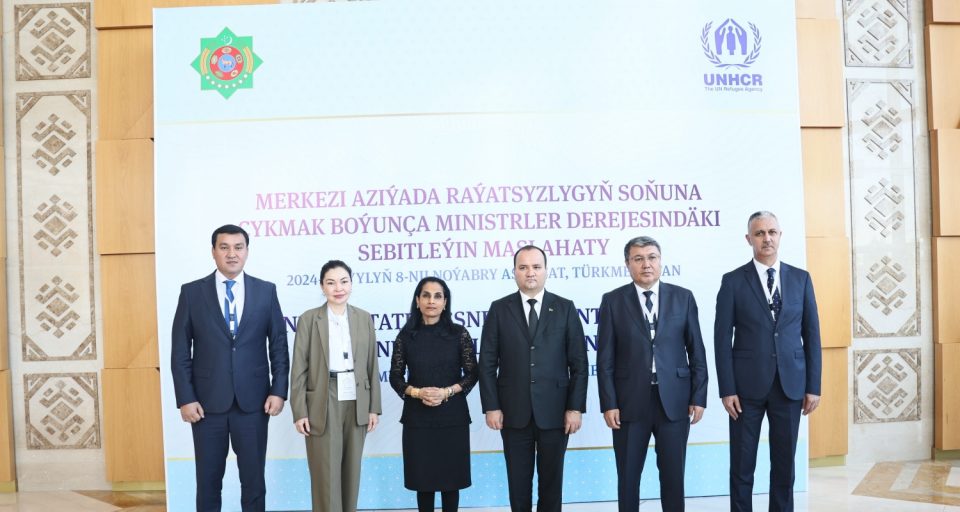On 8 November 2024, officials from 10 countries gathered in Ashgabat today for a ministerial conference to end statelessness in Central Asia and to celebrate the region’s achievements toward that goal.
Titled Ending Statelessness in Central Asia Ministerial Conference, the Ashgabat event was convened by the Government of Turkmenistan and UNHCR, the United Nations Refugee Agency, with participants from the Governments of the Republic of Kazakhstan, the Kyrgyz Republic, the Republic of Tajikistan, and the Republic of Uzbekistan, as well as UN agencies, and international organizations.
Central Asia leads the world on the issue with the Kyrgyz Republic and Turkmenistan being the only two countries to have resolved all known cases of statelessness.
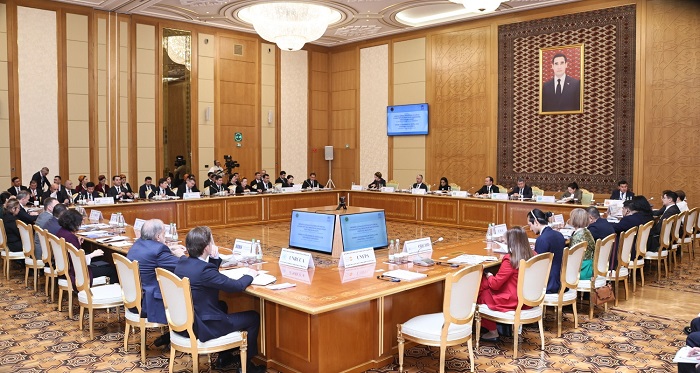 Turkmenistan detailed its efforts to achieve this and urged others to join them in ensuring that people everywhere have a nationality. Steps taken included introducing a law on Civil Status Acts to ensure universal birth registration, adopting a National Action Plan to end statelessness, and establishing a detailed Statelessness Determination Procedure.
Turkmenistan detailed its efforts to achieve this and urged others to join them in ensuring that people everywhere have a nationality. Steps taken included introducing a law on Civil Status Acts to ensure universal birth registration, adopting a National Action Plan to end statelessness, and establishing a detailed Statelessness Determination Procedure.
Citizenship documents were presented to the remaining 1,146 stateless people at a ceremony in Ashgabat on 25 September this year, completing the process of resolving all known cases in the country.
Turkmenistan has the additional distinction of having acceded to both the 1954 Convention relating to the Status of Stateless Persons and the 1961 Convention on the Reduction of Statelessness, instruments which offer a shared foundation to prevent statelessness and protect stateless persons worldwide.
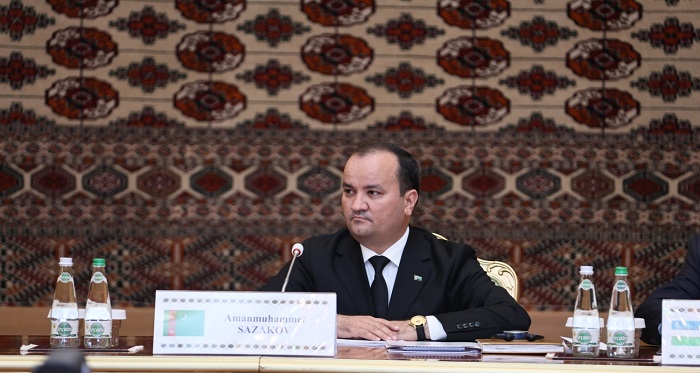 UNHCR Assistant High Commissioner for Protection, Ms. Ruvendrini Menikdiwela, congratulated Turkmenistan. “We commend Turkmenistan on resolving all known cases of statelessness and its ongoing commitment to ensure no one is left behind in its sustainable development,” she said. “States in the region have made significant progress over the last decade, with one in every three cases of statelessness resolved worldwide being in Central Asia. It is possible that Central Asia could become the first sub-region in the world to resolve all cases of statelessness.”
UNHCR Assistant High Commissioner for Protection, Ms. Ruvendrini Menikdiwela, congratulated Turkmenistan. “We commend Turkmenistan on resolving all known cases of statelessness and its ongoing commitment to ensure no one is left behind in its sustainable development,” she said. “States in the region have made significant progress over the last decade, with one in every three cases of statelessness resolved worldwide being in Central Asia. It is possible that Central Asia could become the first sub-region in the world to resolve all cases of statelessness.”
Millions of people around the world are denied a nationality, without which they cannot fully access their human rights and participate in society. As only States can grant or confirm nationality, the cooperation of governments in preventing and reducing statelessness is crucial.
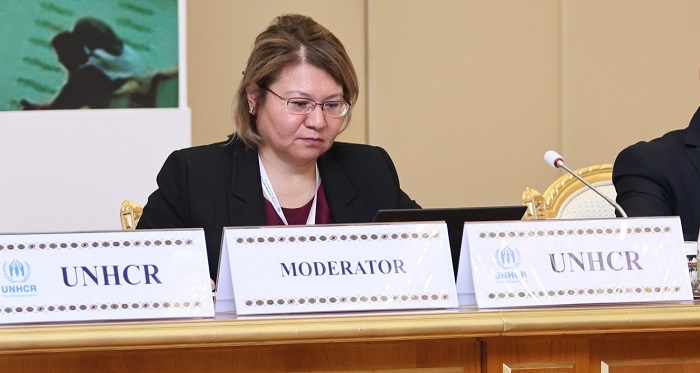 The achievements of Central Asian States represent intergenerational solutions for whole communities. Instead of being born into the condition of statelessness, each successive generation will now acquire nationality by descent from those who were granted citizenship, improving inclusion and opportunity for thousands of people.
The achievements of Central Asian States represent intergenerational solutions for whole communities. Instead of being born into the condition of statelessness, each successive generation will now acquire nationality by descent from those who were granted citizenship, improving inclusion and opportunity for thousands of people.
As of November, over 30,000 people remain stateless in Central Asia, signaling the need for continued and concerted efforts and commitment. Most stateless people in Central Asia are ex-citizens of the former Soviet Union, or their descendants, who have not yet acquired or confirmed citizenship of the independent States.
Building on the concrete gains and momentum of the #IBelong campaign, efforts and commitments to address statelessness will continue under the new Global Alliance to End Statelessness, launched by UNHCR on 14 October.
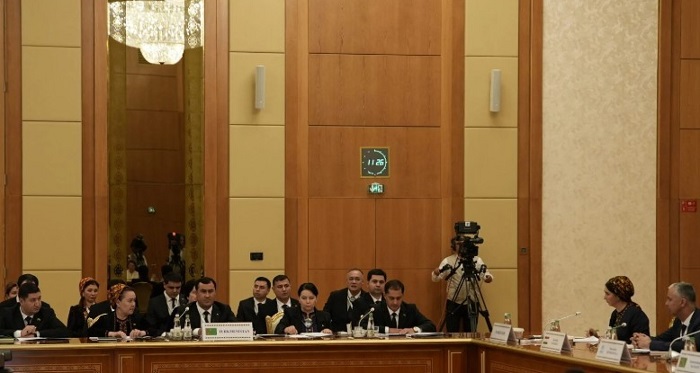 Turkmenistan has shown international leadership on this front too, becoming the first country in Central Asia to join the new Alliance.
Turkmenistan has shown international leadership on this front too, becoming the first country in Central Asia to join the new Alliance.

